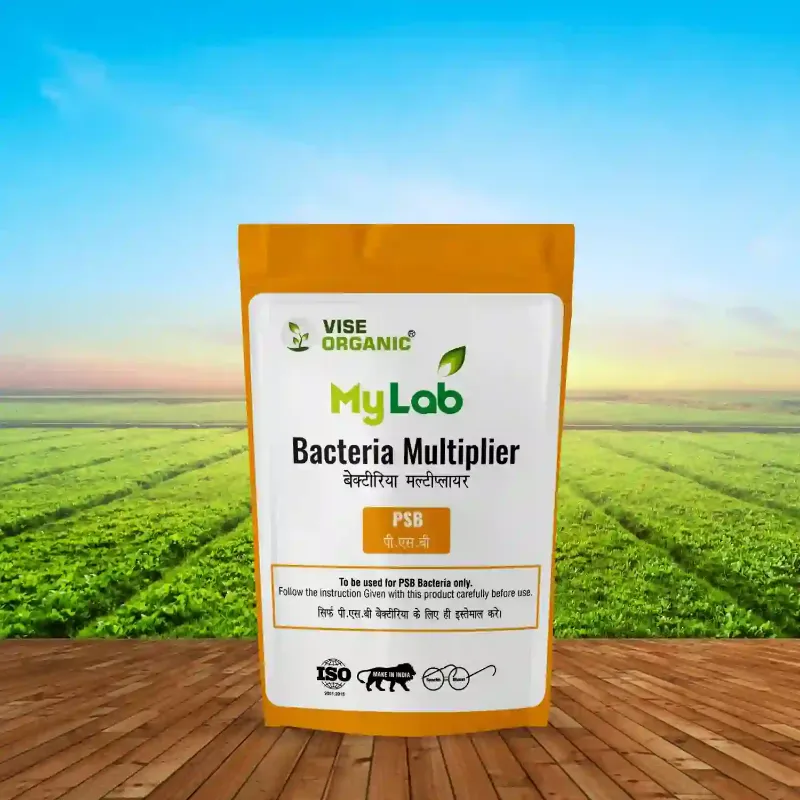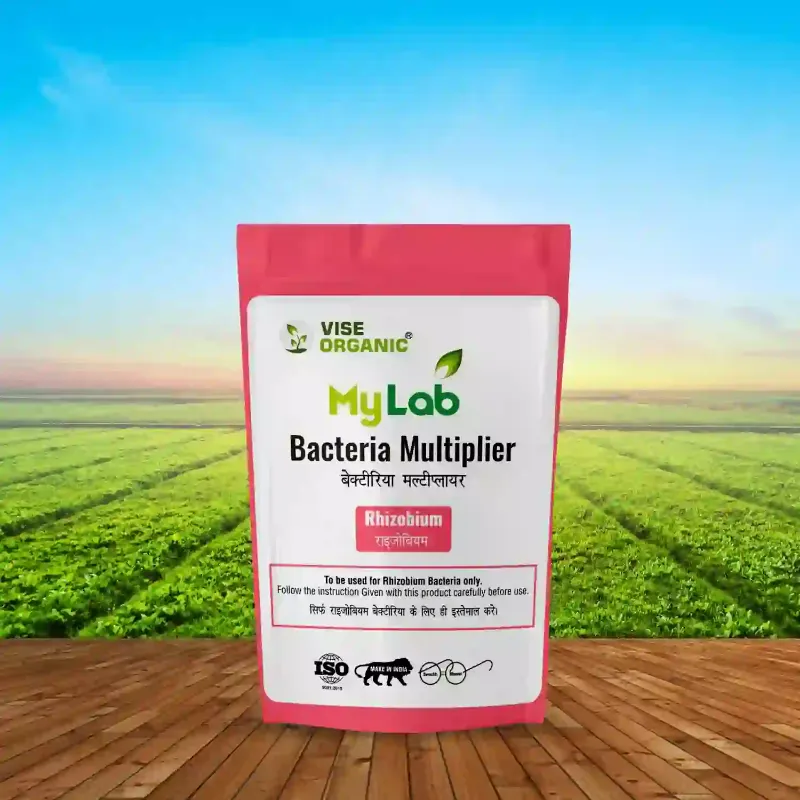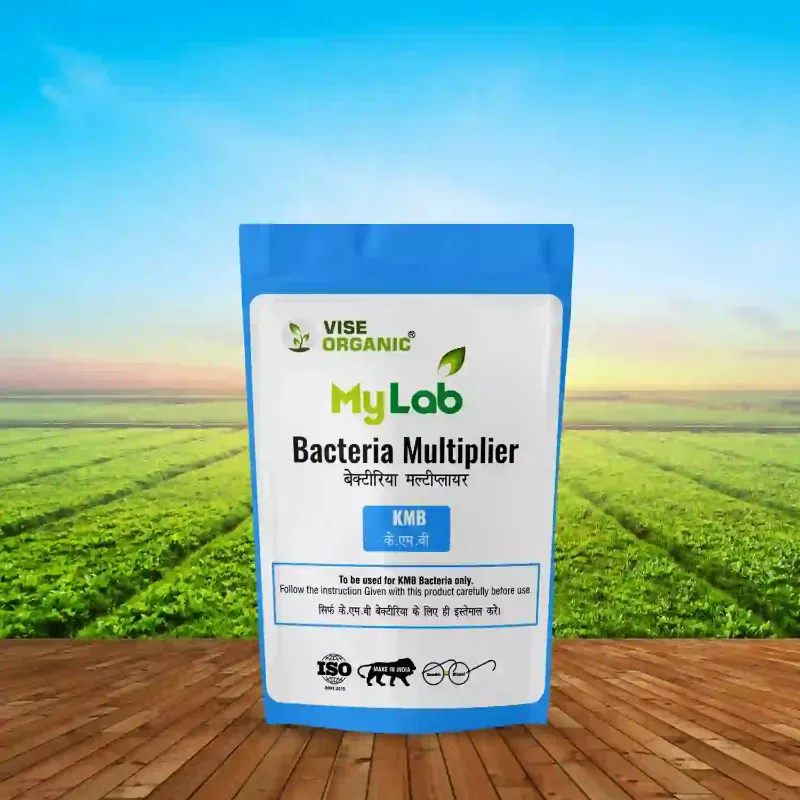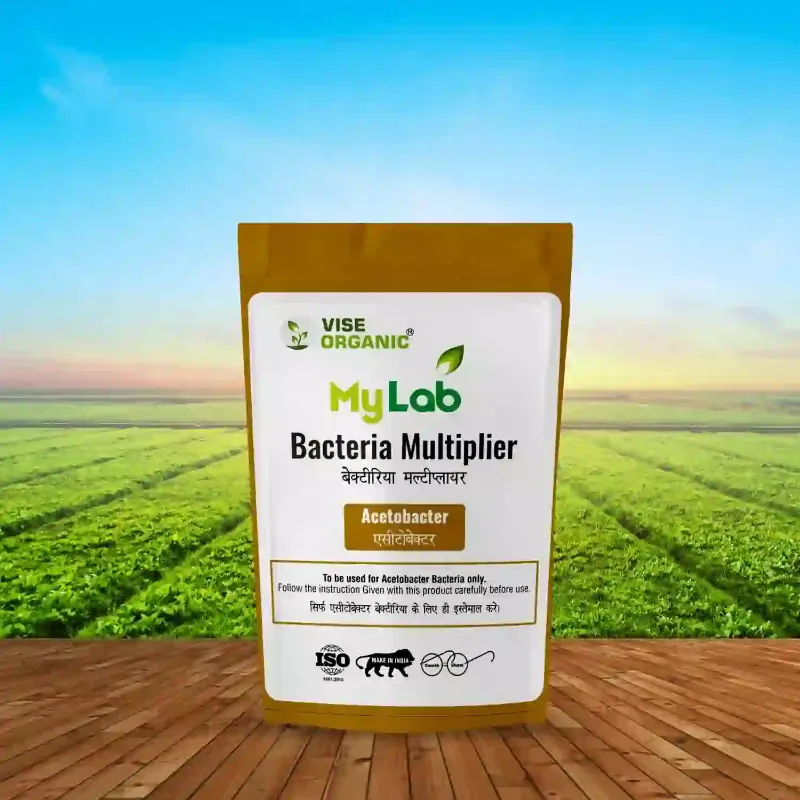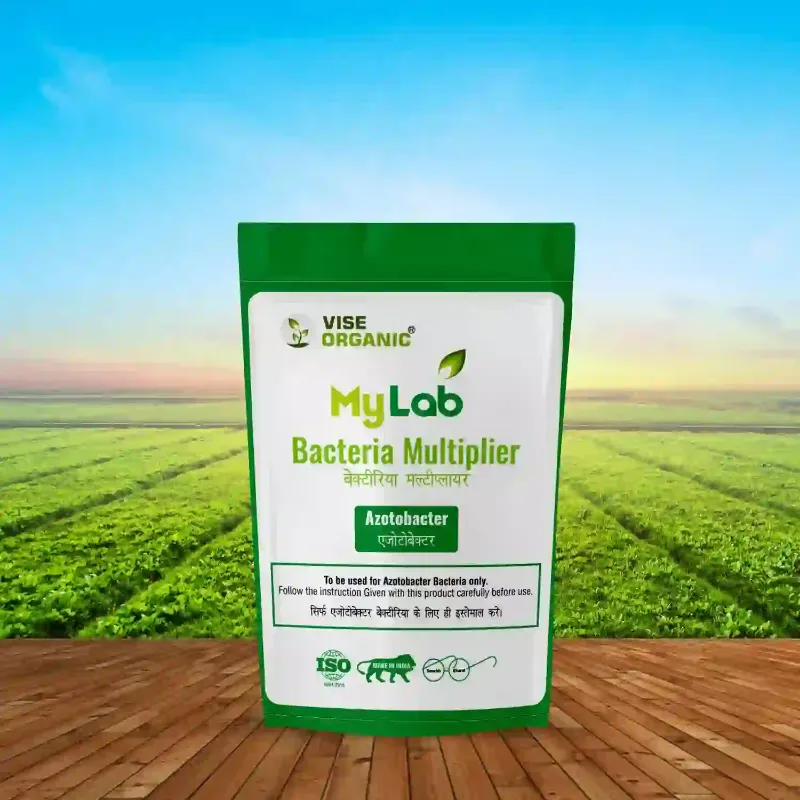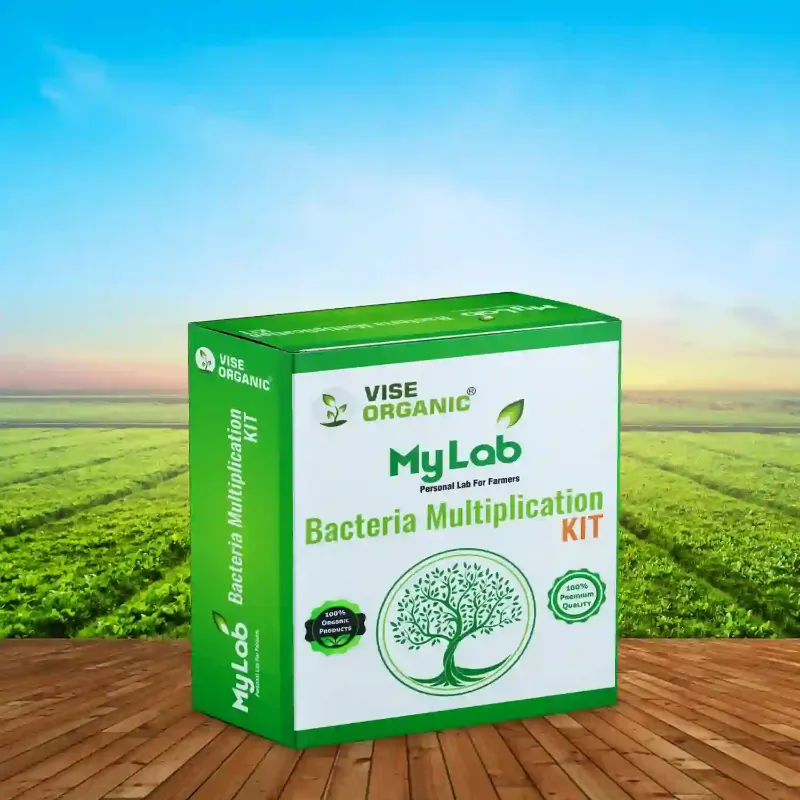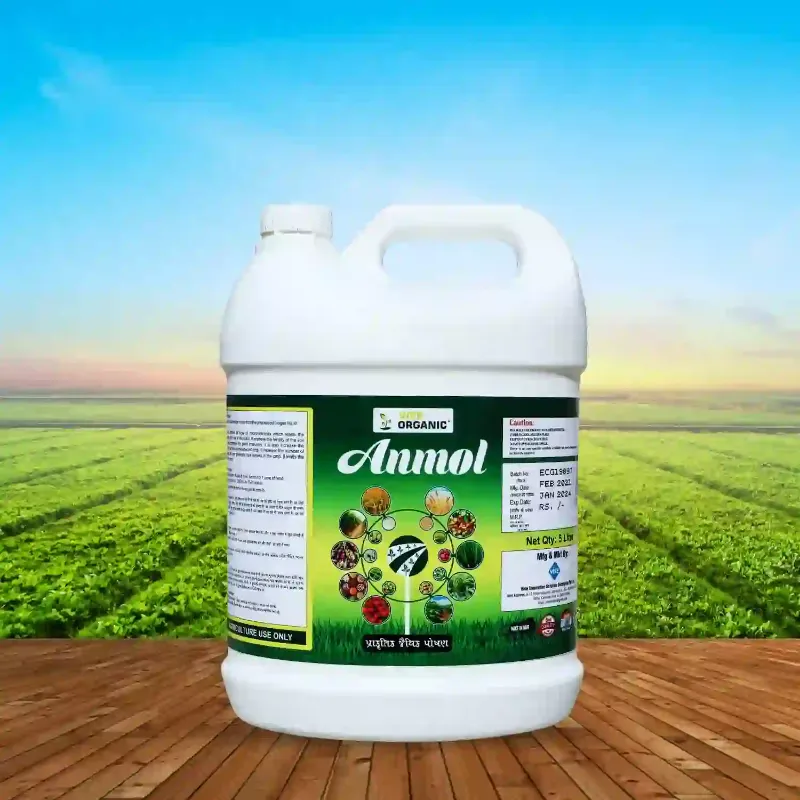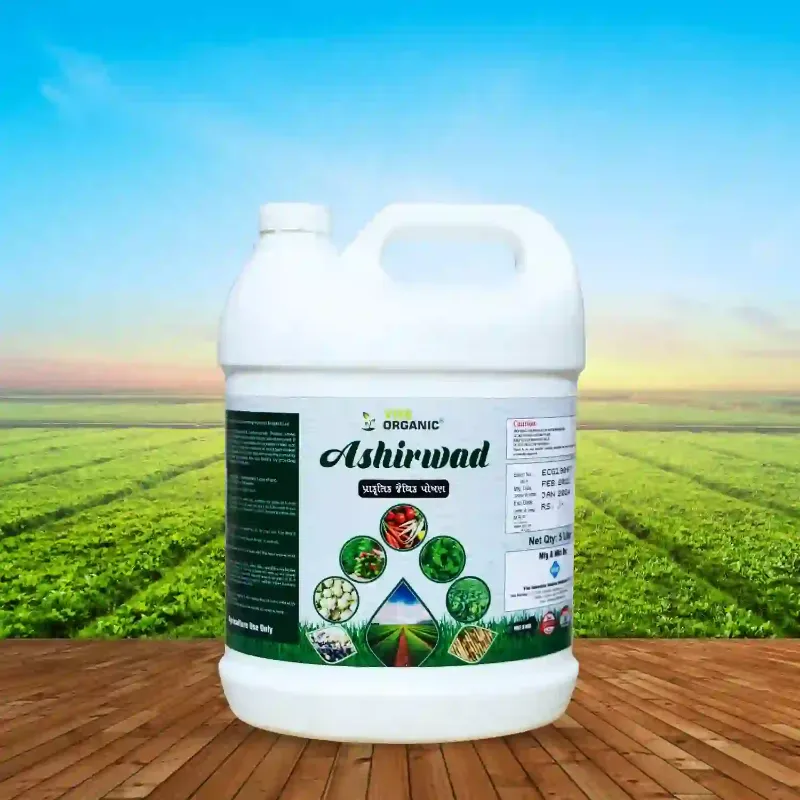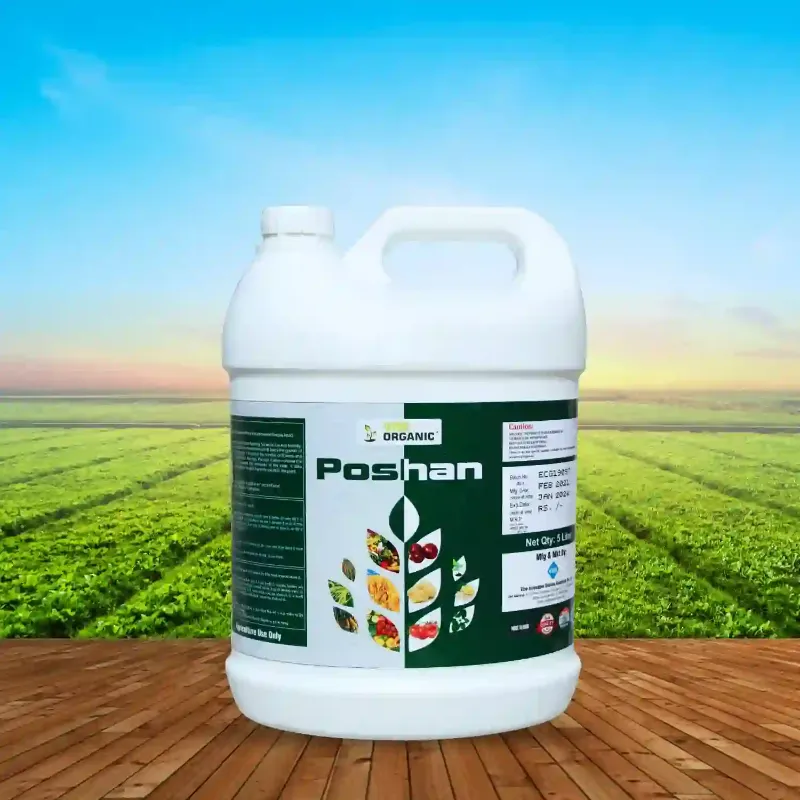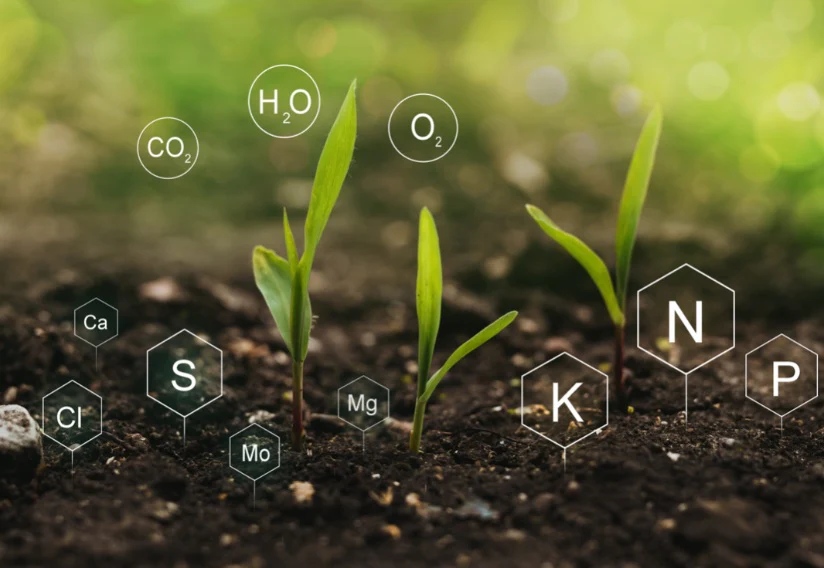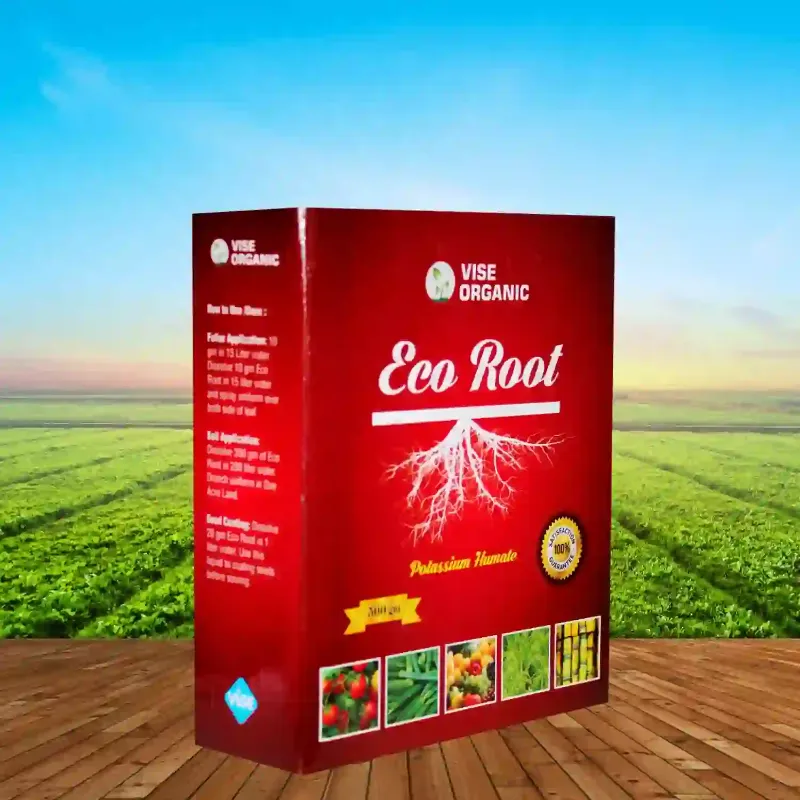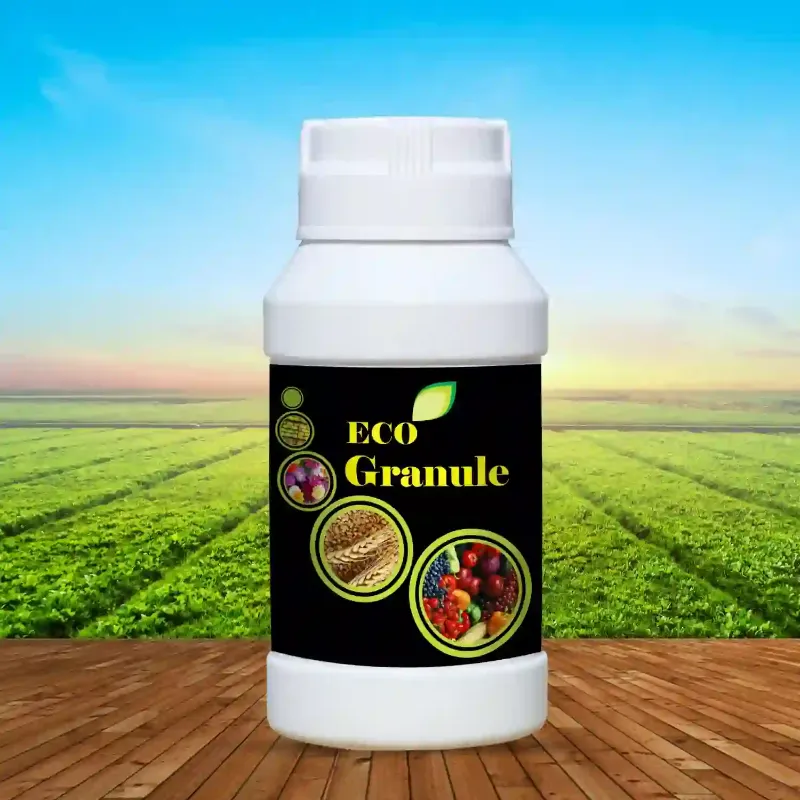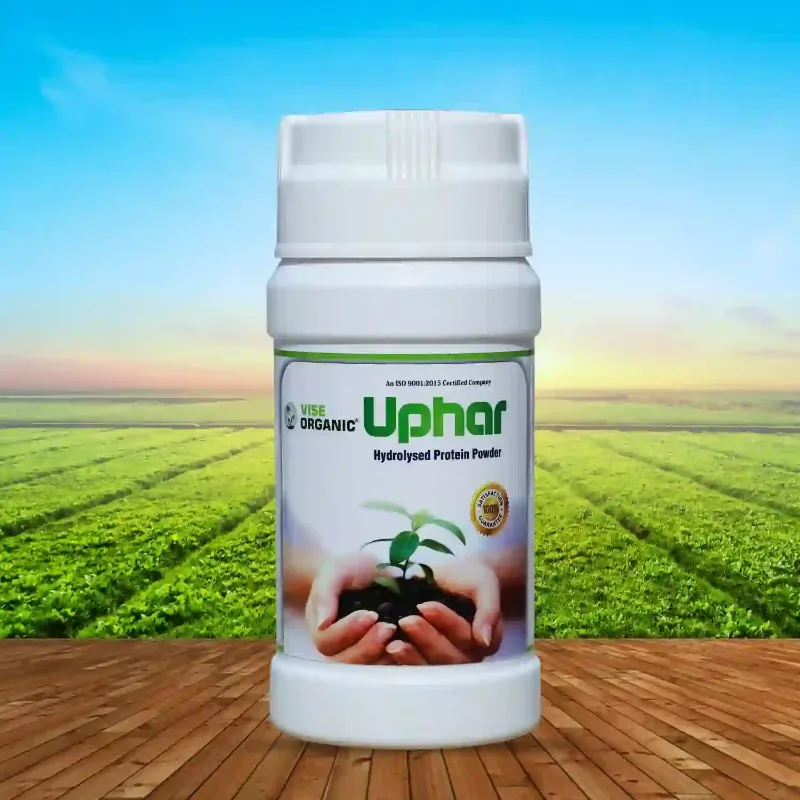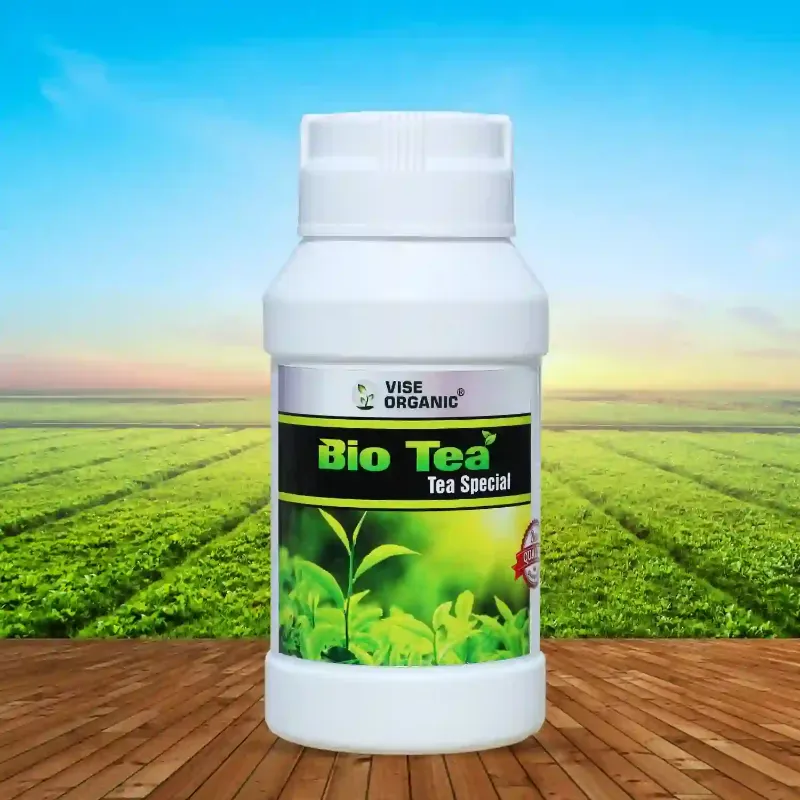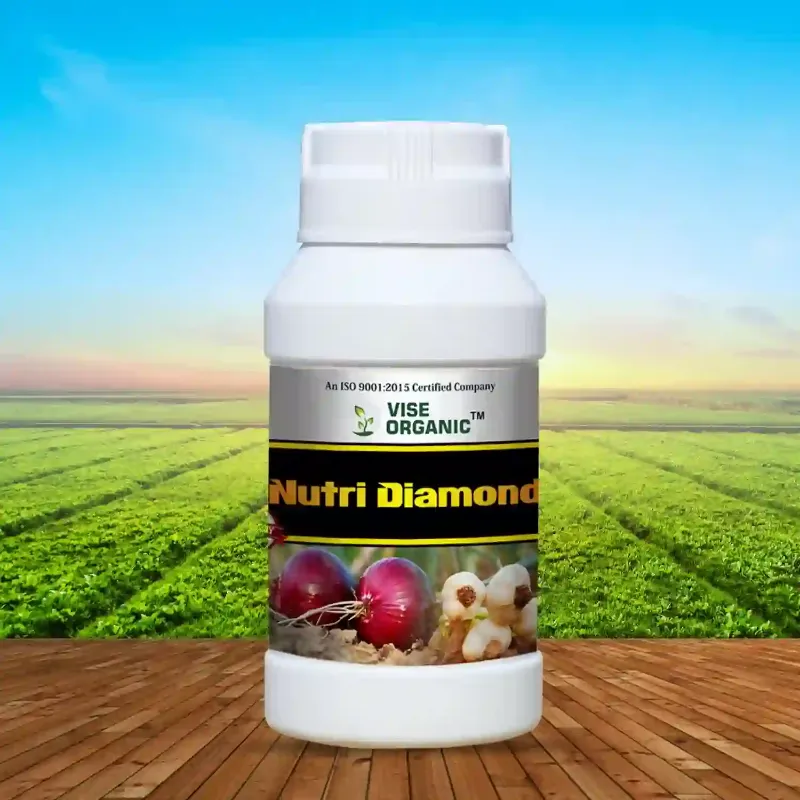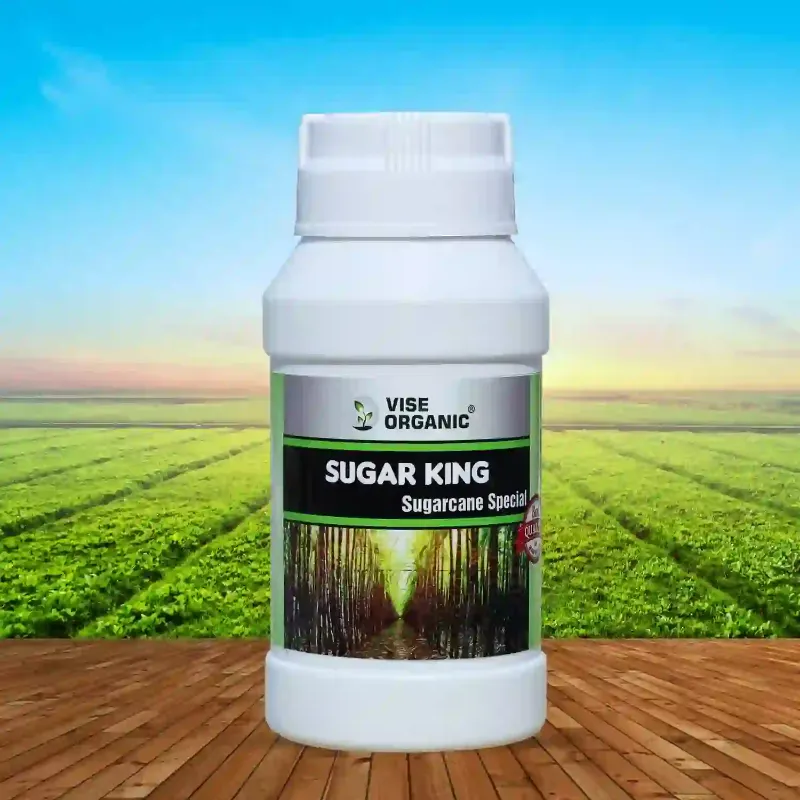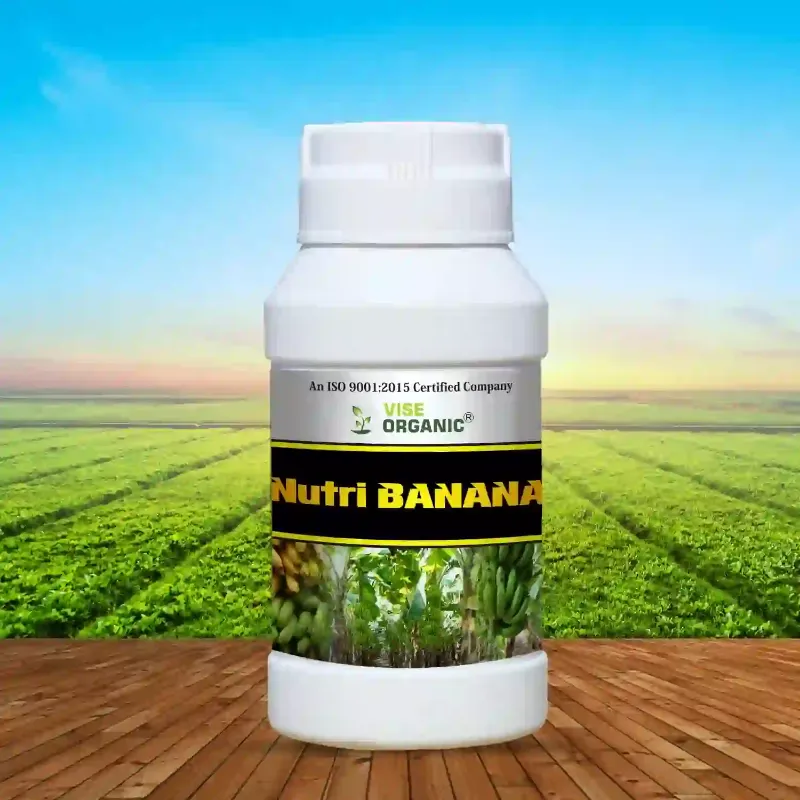Plants, like all living organisms, require a range of essential nutrients to support their growth, development, and overall health. These nutrients play vital roles in various physiological processes, from photosynthesis to cell division, and must be supplied in adequate amounts for optimal plant growth. Let’s explore the essential nutrients that plants need and how fertilizers can provide them to ensure healthy and thriving growth.
Macronutrients
– Nitrogen (N): Nitrogen is essential for the synthesis of chlorophyll, proteins, and enzymes involved in photosynthesis and growth. It promotes lush, green foliage and vigorous vegetative growth.
– Phosphorus (P): Phosphorus is critical for root development, flowering, and fruiting. It supports energy transfer, DNA synthesis, and cell division, contributing to overall plant growth and reproduction.
– Potassium (K): Potassium regulates water uptake, osmotic balance, and enzyme activation in plants. It enhances plant resilience against environmental stressors and supports carbohydrate metabolism and protein synthesis.
Secondary Nutrients
– Calcium (Ca): Calcium plays a role in cell wall structure, membrane integrity, and nutrient uptake. It supports root development, cell elongation, and fruit quality.
– Magnesium (Mg): Magnesium is a component of chlorophyll and is essential for photosynthesis, enzyme activation, nutrient uptake, and overall plant growth and health.
Micronutrients
– Iron (Fe), Zinc (Zn), Copper (Cu), Manganese (Mn), Boron (B), Molybdenum (Mo), Chlorine (Cl), and Essential Nutrients: Micronutrients are essential for enzyme activation, electron transport, and various metabolic processes in plants. They play crucial roles in plant growth, development, and defense mechanisms.
Fertilizers provide these essential nutrients to plants in various forms, including organic and inorganic compounds. Fertilizer commonly includes nitrogen, phosphorus, and potassium as primary nutrients, with the addition of secondary nutrients and micronutrients to address specific nutrient deficiencies. Farming fertilizers can be applied through various methods, including broadcast spreading, foliar spraying, and fertigation, to ensure proper nutrient uptake by plants.
In conclusion, understanding the essential nutrients that plants need for healthy growth is crucial for effective fertilization practices. By providing plants with the necessary nutrients through fertilizers, gardeners can support vigorous growth, improve yield and quality, and promote overall plant health and vitality.

